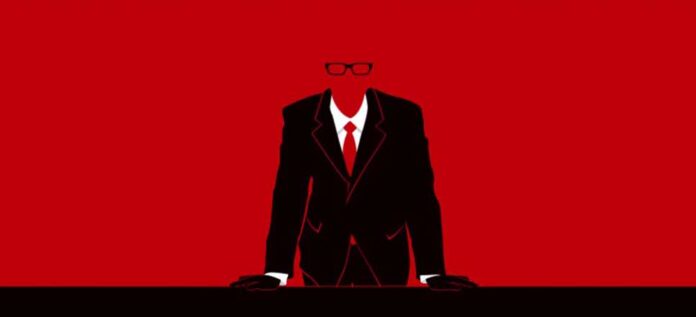Anonymity is the new trend on the internet where people prefer to keep their identity hidden and play mischief on the internet. Commenting and defaming, trolling, or criticizing everything is possible in the guise of being anonymous. A lot of debate is being held across the globe on protecting the legal rights of the anonymous internet blogger but one thing is clear that anonymity cannot escape legal action completely. Law cannot grant absolute abdication from legal consequences in the pretext of granting privacy or maintaining anonymity to someone who misuses it. In this narrative driven article we will discuss the legal challenges of anonymity and anonymous blogging.
Is it possible to sue an anonymous blogger?
Yes. People believe in myths very easily and have a misconception that they cannot be put under the legal proceedings for an unprecedented post or comment that defames someone. But it is not true. The court of law has clearly outlined legal compliances against the individuals or the organizations that assume the blanket of anonymity and post indecent comments or defame products or services of other companies.
The government can give a clear ruling to discover and identify the real identity of the person, if it finds the situation or circumstances are not in favor of that anonymous person.
Does a person have a legal right to speak candidly on the internet?
You can surely speak free when interacting over internet and can express your opinions, views, thoughts openly in the forums, blogs, social media sites and other mediums of expression. There is no binding to your creativity and indulgence and you have full liberty to be a critique or a commenter. Yet there are certain norms that have to be kept in mind while sharing such posts anonymously.
If someone comments indecently on public forums and does not reveal his true identity then the Government under special circumstances may ask the website owner to reveal the true identity of the anonymous commenter. Thus, though you are free to express your opinions freely on the internet, you should be cautious of unnecessary legal entanglements that you may face.
What is a doe Subpoena?
Under the US law of protection if an individual or an organization has necessary grounds to sue an anonymous blogger then there is a provision to file a “doe” subpoena. It is issued to the Internet service provider who then has to submit or reveal the identity of the person who used its services to post the comment anonymously.
Is it possible for the anonymous person to hide even if a “Doe Subpoena” is served?
Thanks to the technology, with the aid of advanced programming and coding techniques it is possible for a person to maintain his anonymity even if a “Doe Subpoena” is served on him. Even if the anonymous person is legally bound for his comments and posting online, there are several ways to escape being traced. Careful anonymity can be maintained, but if you get caught then be prepared to face the legal actions.
What is First Amendment Right to Remain Anonymous?
When people browse the internet, they are free to explore. There are very few limitations that bar the users from accessing websites of their choice. With almost zero restriction, an adult can practically visit any website that is hosted over the internet, can access any chat room, can post comments on any blog, can be active on social media, and can take or give any information he wants.
To protect the interest of these internet users a law was passed that granted the right of anonymity to them. FAR thus provides legal protection to the internet users who can prefer to remain anonymous and do not reveal their identity.
When can you sue an anonymous blogger or internet user?
If you find that you are receiving constant threats from a particular anonymous account over the internet you are bound to get disturbed. Moreover, there are many celebrities who face the issue of anonymous stalkers who purposefully post certain comments to defame or troll them.
There have been repeated cases from the established organizations and companies who face the issue of anonymous comments that aim to bring negative publicity or try to spoil their image or the goodwill. If such threats or defamation get beyond control then you can surely serve the internet service provider a “Doe Subpoena”. It may necessitate them to identify the real identity of the person.
Thus it can be assessed that there are potential legal threats and challenges for maintaining anonymity over internet. You have the complete authority to use internet as per your desire and needs, but you cannot enter the private space of any individual. If you are found guilty of the breach of confidentiality or misusing your freedom of expression in defaming or shaming someone else, then your anonymity can be challenged by the court and your real identity can be traced. Thus you should surely maintain ethics and use internet within the permissible limits of law.


